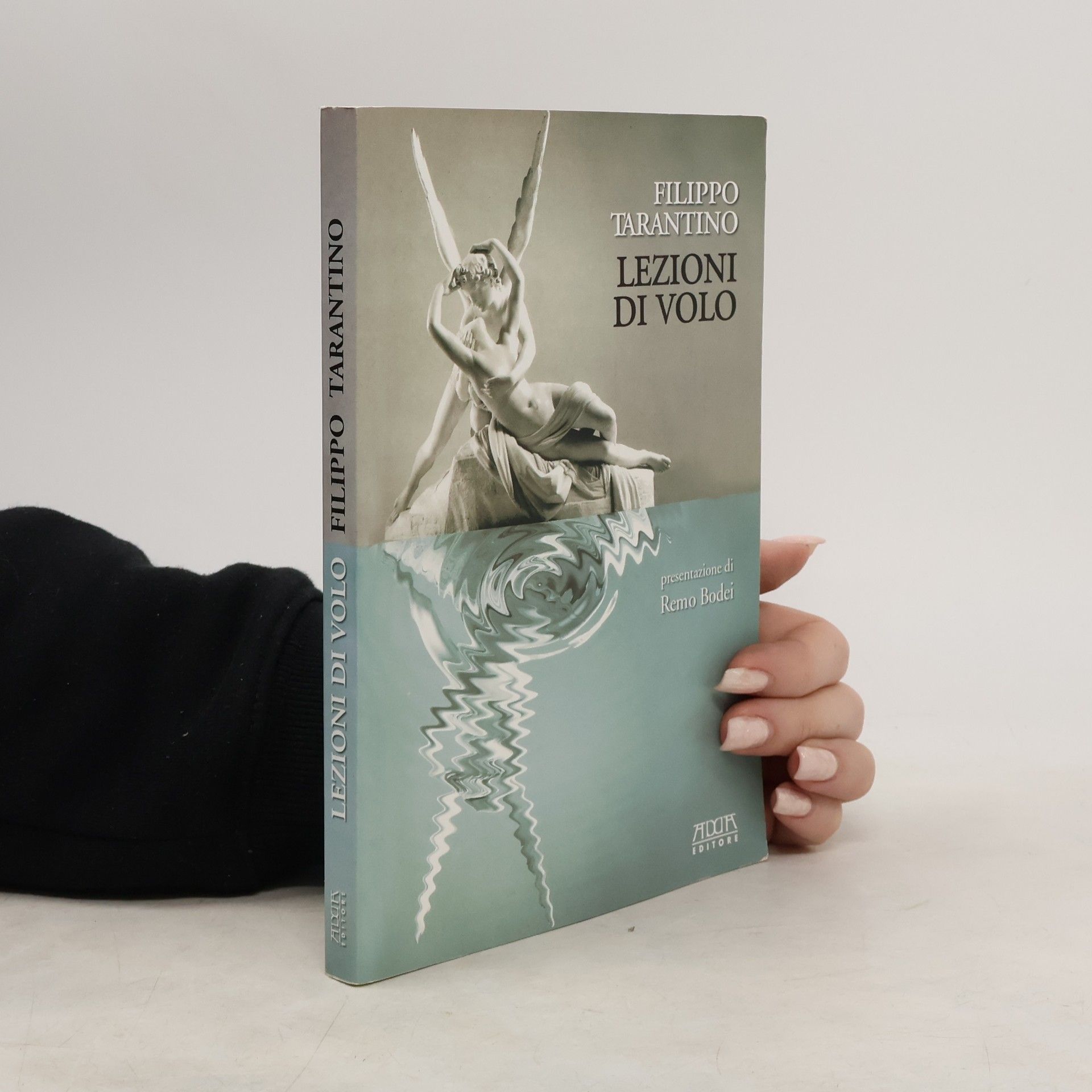Remo Bodei Orden de los libros
Filósofo y académico, su obra profundiza en la naturaleza de la belleza y la historia del pensamiento, centrándose recientemente en la indagación filosófica sobre el deseo y la pasión como fuerzas impulsoras para vivir mejor. Sus escritos exploran cómo nuestros deseos y pasiones dan forma a nuestra búsqueda de mejores condiciones de vida. Las profundas reflexiones sobre la existencia humana y su trayectoria definen su enfoque intelectual. Sus análisis ofrecen una exploración fascinante de la psicología y la motivación humanas.





- 2020
- 2009
Senzaţia de déjà vu
- 212 páginas
- 8 horas de lectura
- 2002
Lezioni di volo
- 144 páginas
- 6 horas de lectura
- 1997
- 1996
In der Goethe-Zeit wird zum erstenmal die Pathologie der Moderne sichtbar. Bodei untersucht deren Problematik ausgehend von einem bisher ungedruckten Hegel'schen Fragment. Neben Hegel steht Goethe im Zentrum der Darstellung. Dekompositionen: Ein Hegel'scher Vor-Text: ›Der immer sich vergrössernde Widerspruch‹ (um 1800) Die verschiedenen Sinnebenen (Kommentar) - Themen: Das Unbekannte und die Grenzen: Kant, Novalis, Hölderlin - Fluchtlinien: Jesus, Rousseau, Fichte - Gretchens Zimmer: Entwicklung und Grenzen der Individualität bei Goethe - Projektionen: Hegel und die Zeit danach - Namenverzeichnis.